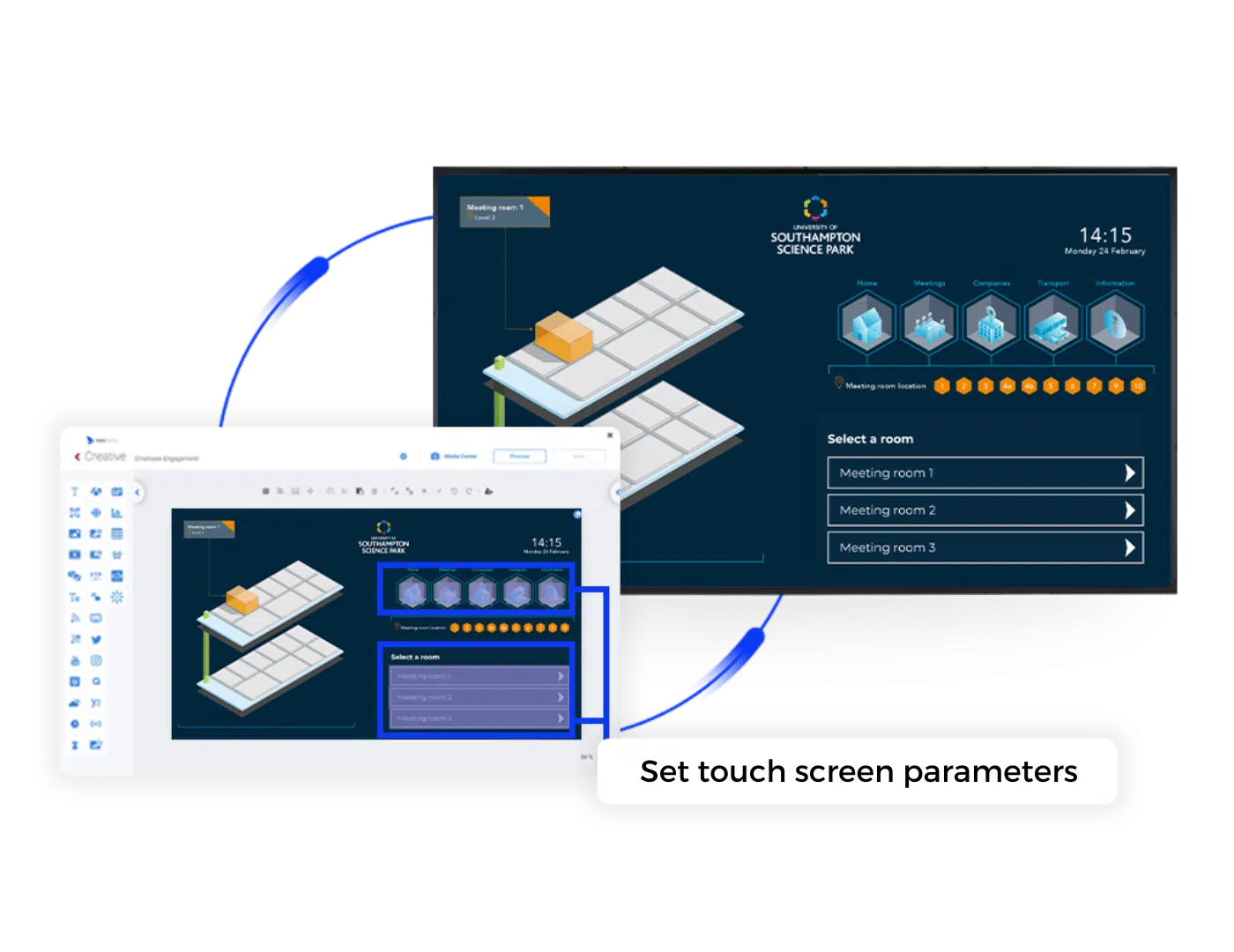
Non-traditional desk options are becoming more prevalent as companies strive for maximum productivity. One of these is hoteling, a simple concept that can be implemented easily. However, Hoteling software requires some foresight to maximize its benefits.
Here’s what desk hoteling is, how it maximizes office space potential, and what types of businesses benefit most from it.
What is hoteling?
Desk hoteling is named after its similarity to booking a room at a hotel. The employee needs a desk, so they message the admin to book one. After checking desk availability, the admin coordinates the reservation. When the employee arrives, they will know what desk is set aside for them and for how long.
There are differences in the scale and nuances of office hoteling solutions across different accommodations. If you book a single-bed room or a penthouse suite at a hotel, you’ll find a big difference between what you pay and what you get. For office hoteling, desk locations, sizes, accommodations, and lengths of occupancy can vary.
Let’s not forget the most important factor in a hotel: the concierge. Hotel rooms aren’t just available for walk-ins. You need to book in advance. Check-in is required. A confirmation must be obtained, access permission must be obtained, personal information must be provided, and any special accommodations must be arranged. It is similar to the process of hoteling. Check-in and check-out are overseen by a central administrator, usually the facilities manager, who ensures that the process is streamlined and controlled.
The similarities between office hoteling and actual hotel room booking are not accidental. Hotel room booking has been around for centuries. The benefits of a flexible workplace can be gained by using the finer points of a streamlined system.
How can hoteling benefit you?
Workplace hoteling is becoming increasingly common because, when done correctly, it provides big benefits to a company and its employees.

- Remote workers. Hoteling facilitates the working environment for remote employees by giving them the option to work conveniently in the office. A lack of a dedicated desk may deter off-site workers from regularly coming in—there is the fear of using “any available space.” Hotel desks provide a working environment that is comfortable and unobtrusive. Find out how contractors and part-time workers can use hot desks and office hoteling.
- Space utilization. The use of hoteling reduces the number of desks that must be occupied without limiting employee productivity. Using these flexible workspaces keeps everything organized and in order. Using the right combination of hotel desks, traditional workspaces, and other dynamic areas results in better space utilization, especially when backed by workplace metrics that show increased utilization.
- Collaboration and teamwork. Employees’ productivity can be maximized when given the choice of where and how to work. This affects their individual work and their contributions to various projects and teams. Hoteling ensures collaboration is easy and fluid regardless of where people work in relation to their coworkers.
- Reduce costs and improve productivity. That’s a winning combination. Worker productivity and space utilization are key to keeping the balance sheet in check, while accessibility and choice influence worker productivity.
An open office concept or traditional desk environment is a great intermediate option between the two. Increasing workplace productivity and offering flexibility to employees is the ideal solution for many businesses.



